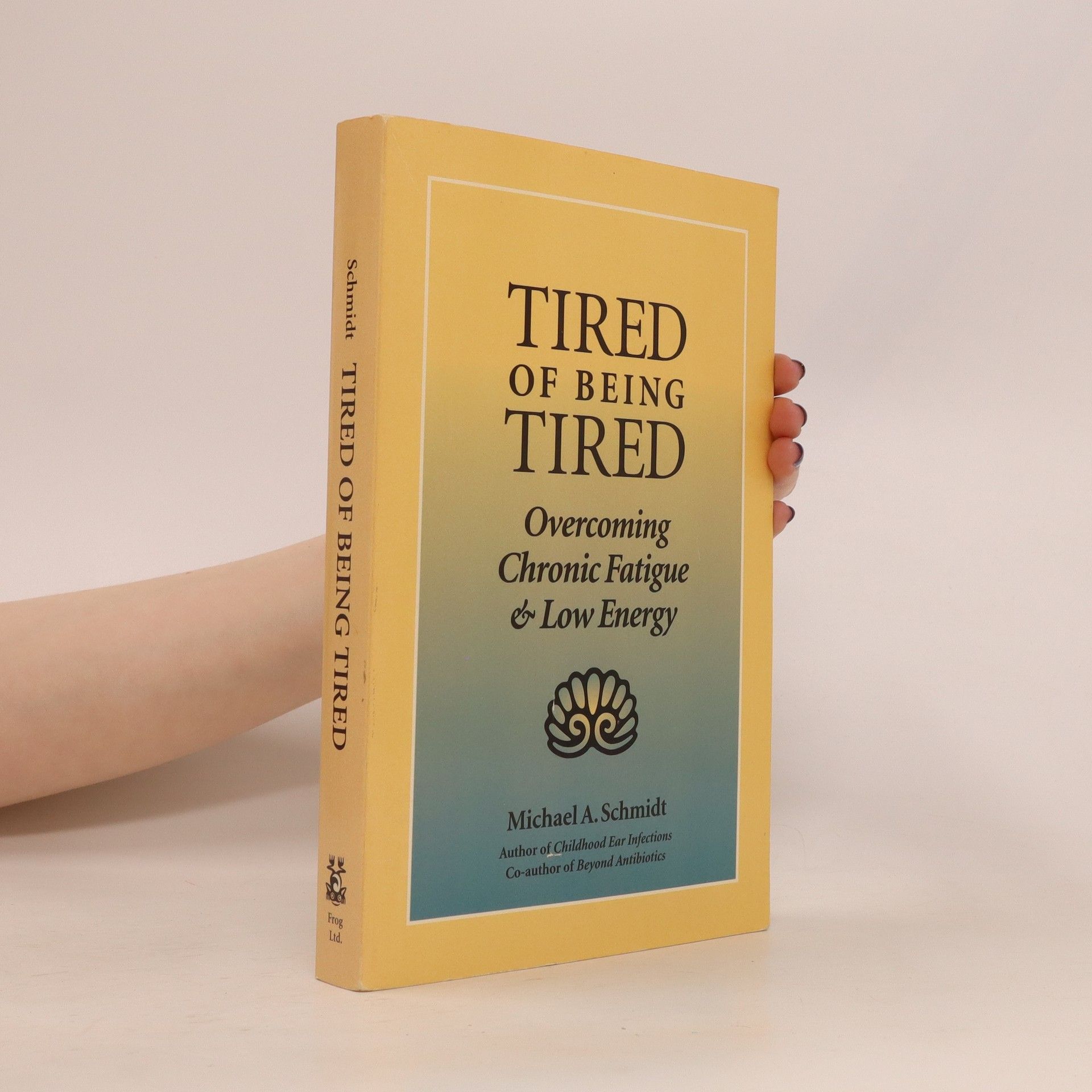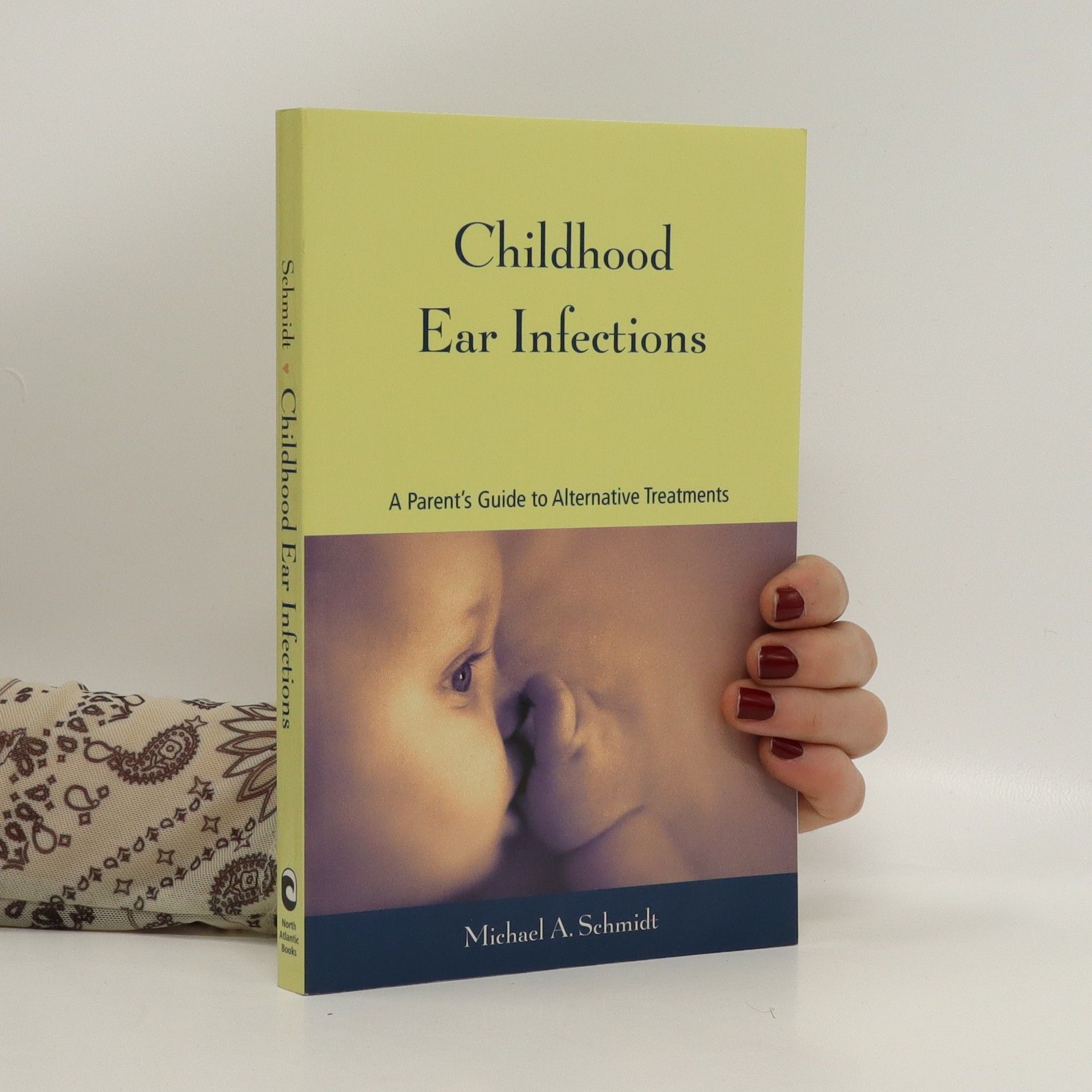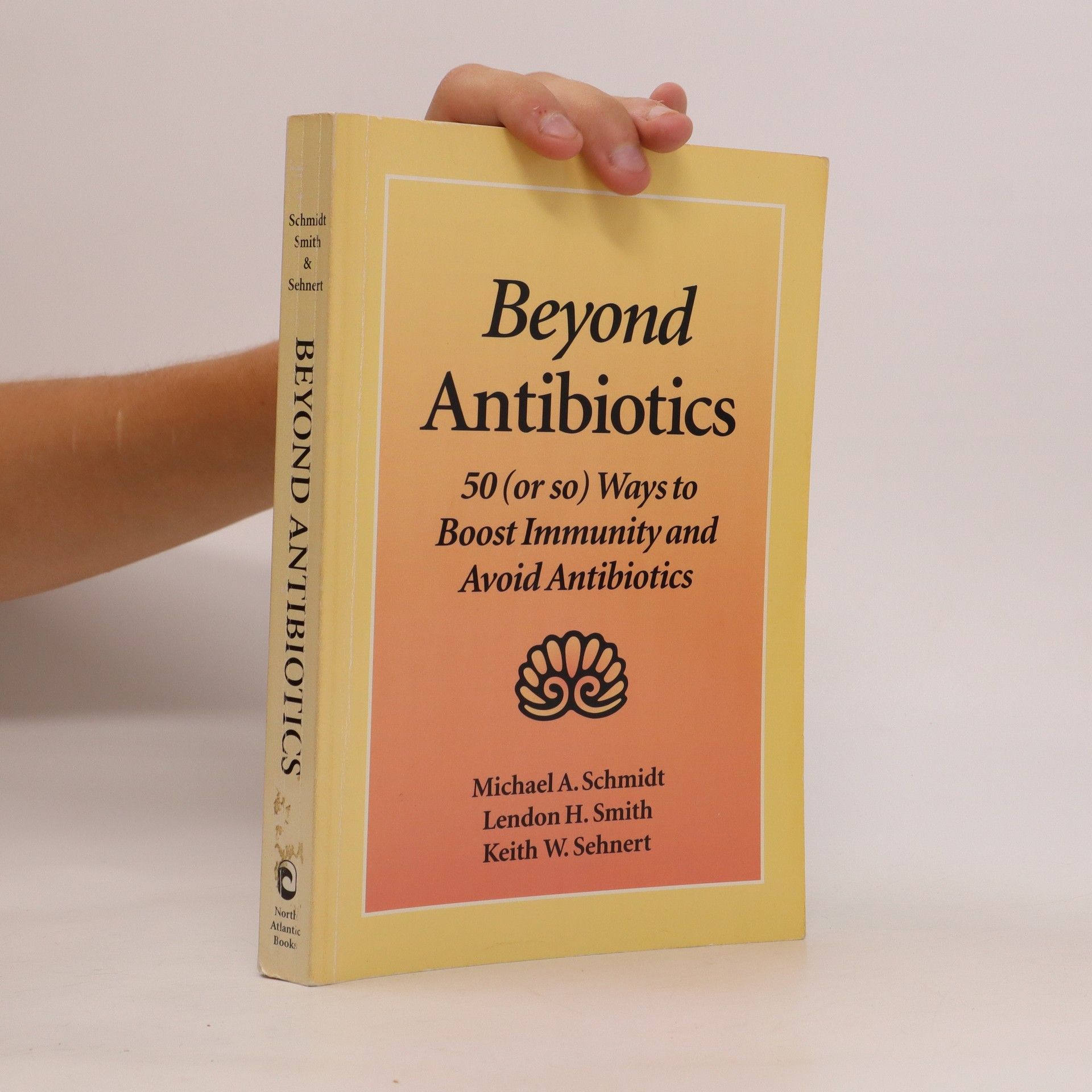Officials from the National Institutes of Health and the Centers for Disease Control have reported that the overuse of antibiotics in medicine has created an epidemic of antibiotic-resistant bacteria. Doctors fear that if antibiotic use is not curtailed, we may soon approach the day when untreatable infections are rampant. In Beyond Antibiotics, Drs. Schmidt, Smith, and Sehnert explore the problems presented by the overuse of these drugs. More importantly, they show how to build immunity, improve resistance to infections, and avoid antibiotics when possible.
Michael A. Schmidt Books



Childhood Ear Infections
- 150 pages
- 6 hours of reading
Research increasingly questions the safety and efficacy of antibiotics in treating ear infections in small children. This guide explores the underlying causes of the problem and suggests new strategies. The author discusses diet, homeopathic care, and children's vitamin absorption process. The book includes a checklist that advises parents when they should take their children to the doctor, and provides specific questions to ask in determining the appropriateness of antibiotics or surgery.
In Tired of Being Tired , Dr. Michael A. Schmidt describes in short, succinct chapters the many factors that contribute to fatigue and factors that affect mental clarity. This book will help you assemble the pieces of your own puzzle and develop a strategy to achieve peak energy that is unique to you. With this knowledge in hand, you can proceed to the basic strategies at the end of the book that boost energy and restore balance.Some of the diverse issues that are raised in this book - vitamin and mineral deficiencies that cause low energy- prescription drugs that cause fatigue- psychological triggers of fatigue and poor mental clarity- digestive problems that may point the body's energy system- environmental toxins and how to protect against them- laboratory tests to help solve the riddle of poor energy